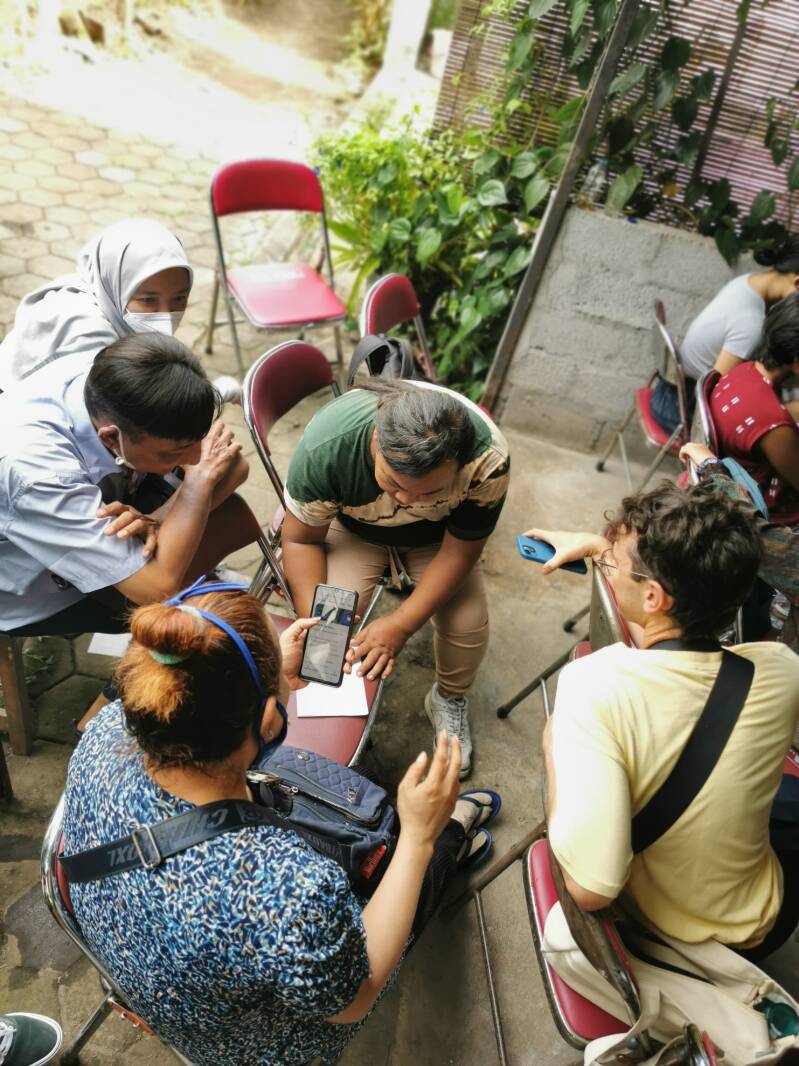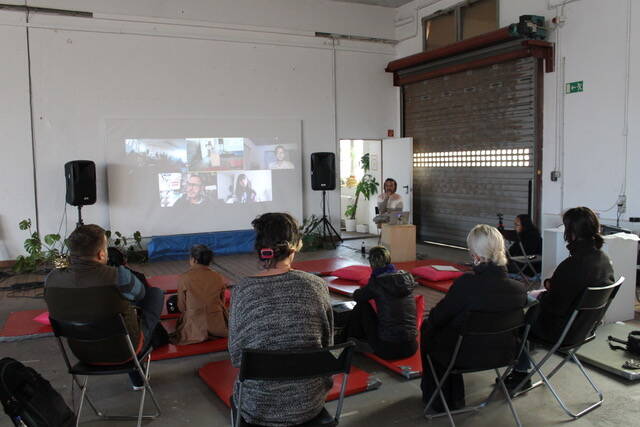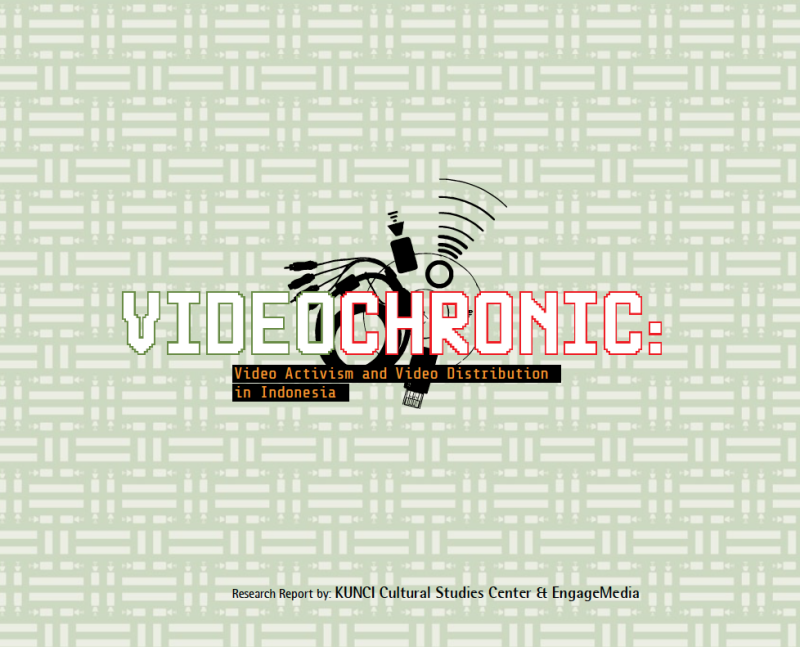My academic work goes hand in hand with my engagement in cultural production as an artist, curator, translator, and community educator. Below are some of the more hybrid, public-facing, and/or artistic practices I have co-developed and contributed to.
Young Birds from Strange Mountains: Queer Arts in Southeast Asia and its Diaspora
Schwules Museum, 29 November 2024- 4 August 2025
Co-curated by Sarnt Utamachote, Hai Nam Nguyen, and me, the exhibition “Young Birds from Strange Mountains” foregrounds the dynamics of gender and sexuality amid Southeast Asia’s multifaceted geopolitical histories. Histories that are further shaped and distorted by diasporic imaginations and tensions.
The exhibition moved beyond orientalist gazes and exoticized tropes, inviting Southeast Asian artists and cultural producers from different parts of the world to reclaim the question: What does being queer mean across the past, present, and future of Southeast Asia?
An Ethnographic HIV Oral History Project with a Transgender Community in Yogyakarta
In collaboration with Benjamin Hegarty (formerly University of Melbourne), Amalia P. Handayani (PPH UNIKA Atma Jaya, Jakarta), Rully Malay (Waria Crisis Centre, Yogyakarta), and Arum Marischa (Kebaya Foundation, Yogyakarta), we carried out an oral history project on a transgender community’s experience of the HIV epidemic. Shaped by the disruptions caused by COVID-19 in 2021 and 2022, the project connected one transpuan community’s memories of the epidemic with the historical dynamics of community organizing.
As part of the research public engagement, we also organised a one-day workshop. Knowledge Solidarity in the Pandemic Crisis, in collaboration with the Open Ethnography Network (JET) and Ethnolab, KUNCI. The growing discussions in the event (captured in the image) reflected on how the pandemic reshaped research practices, knowledge production, and community engagement, raising questions about ethics, access, and solidarity in times of crisis.
The project is funded by the collaborative research grant: Indonesian Democracy Hallmark Research Initiative (IDeHaRI), University of Melbourne.

A Day Assembly of Living-on Together

Photo by Andrea Keppler
As a part of the project On Illness, Resistance and Collective (Health) Care in October 2021, I organised a one-day get-together: A Day Assembly of Living-on Together to explore memories of care, and activism of HIV/AIDS in Berlin and beyond, in District* School without Center, Berlin.
Through film screenings, a walking tour, games, and storytelling, the event contributors and participants actively engaged in remembering the histories and ongoing struggles of HIV/AIDS activism, showing how these memories can illuminate present-day experiences of healthcare.
When does it become violence?
The event series that I co-initiated with Antke Antek Engel of the Institute for Queer Theory, Berlin, from 2017 until 2019, examined the multiple shapes that violence takes and called for a queer answer to affectively counter widespread normative, symbolic, and epistemic violence.
-
How can we engage with the many forms of violence—ranging from humiliation, sexual assault, everyday racism, emotional blackmail, dispossession, and impoverishment, to the asylum system, state discrimination, war, and the war on terror? Does the term “violence” gain clarity or lose precision when applied across such diverse contexts?
-
How can we challenge hate and symbolic violence, which have become widespread in both social media and public discourse? This is especially urgent in right-wing attacks on feminism, gender studies, and queer politics, where gender struggles are often instrumentalized to justify racism.
-
What might “queer cultures of conflict” look like within the shadows of structural inequality and historical violence? How can queer approaches to conflict resist normative, symbolic, and epistemic forms of violence?

Design by Daniela Burger
Tropical Dissonance: Decolonizing Knowledge through Ethnographic Archives
As part of KUNCI, I co-organised the symposium Tropical Dissonance: Decolonizing knowledge through ethnographic archives in 2017. The symposium is hosted by Heterotropics (a research platform initiated by Sara Giannini and TAAK) and the Research Center for Material Culture and held as a concluding event of KUNCI members' six-week residency at the Tropenmuseum, Amsterdam.
Tropical Dissonance brought together scholars, curators, and artists to explore the intersections between decolonial research, artistic practices, and alternative knowledge production. The symposium examined how ethnographic objects—and, more broadly, colonial archives—shaped imperial knowledge, while tracing the multiple, often fractured dimensions of Indonesia’s colonial past and its enduring legacies.
Ethnolab
Ethnolab is a discursive space jointly organized by KUNCI and the Researcher’s Affects project (2013-2017; Freie Universität, Berlin, Germany and University of Berne, Switzerland). This collaboration aims at promoting and supporting interdisciplinary research on sociocultural issues by engaging in the principles and techniques of ethnographic methodology.
Launched in Yogyakarta in 2015, Ethnolab fosters cross-disciplinary dialogues that support ethnographic fieldwork, writing, and collaborative knowledge production with young researchers and participating community members.

Photo by Mira Shah
Videochronic: Video Activism and Video Distribution in Indonesia

In 2009, representing KUNCI, Nuraini Juliastuti and I collaborated with Andrew Lowenthal (EngageMedia) and Alexandra Crosby on a research report that examines how activists in Indonesia were beginning to engage with video technologies—at a time when social media was still in its early stages and before these platforms had become widely used for sharing content online. The publication highlights the early experiments and strategies of audiovisual technology-mediated social movements, reflecting on both the opportunities and the challenges of distributing video content online.
The book is available in both English and Indonesian, and both versions can be downloaded here.